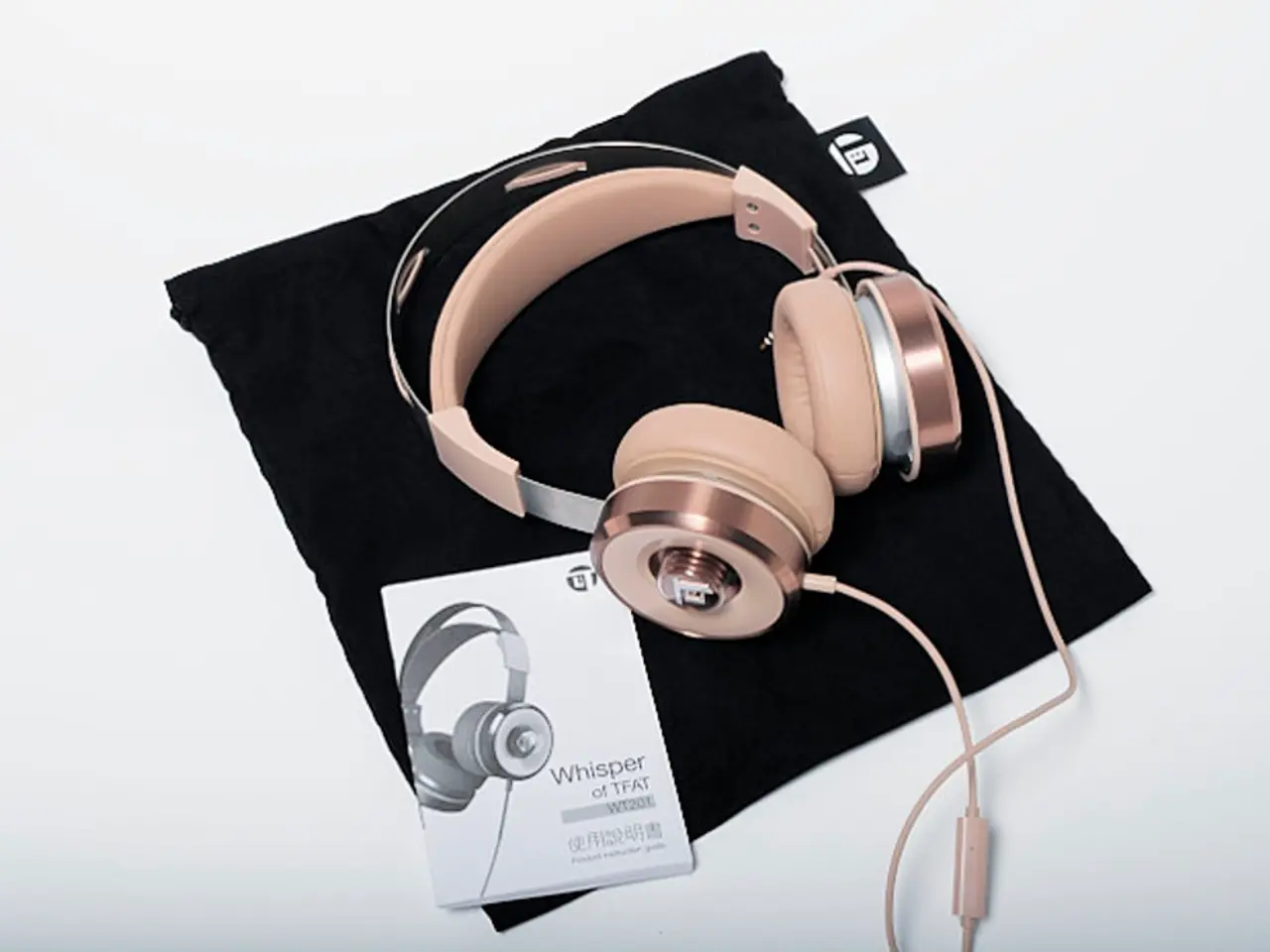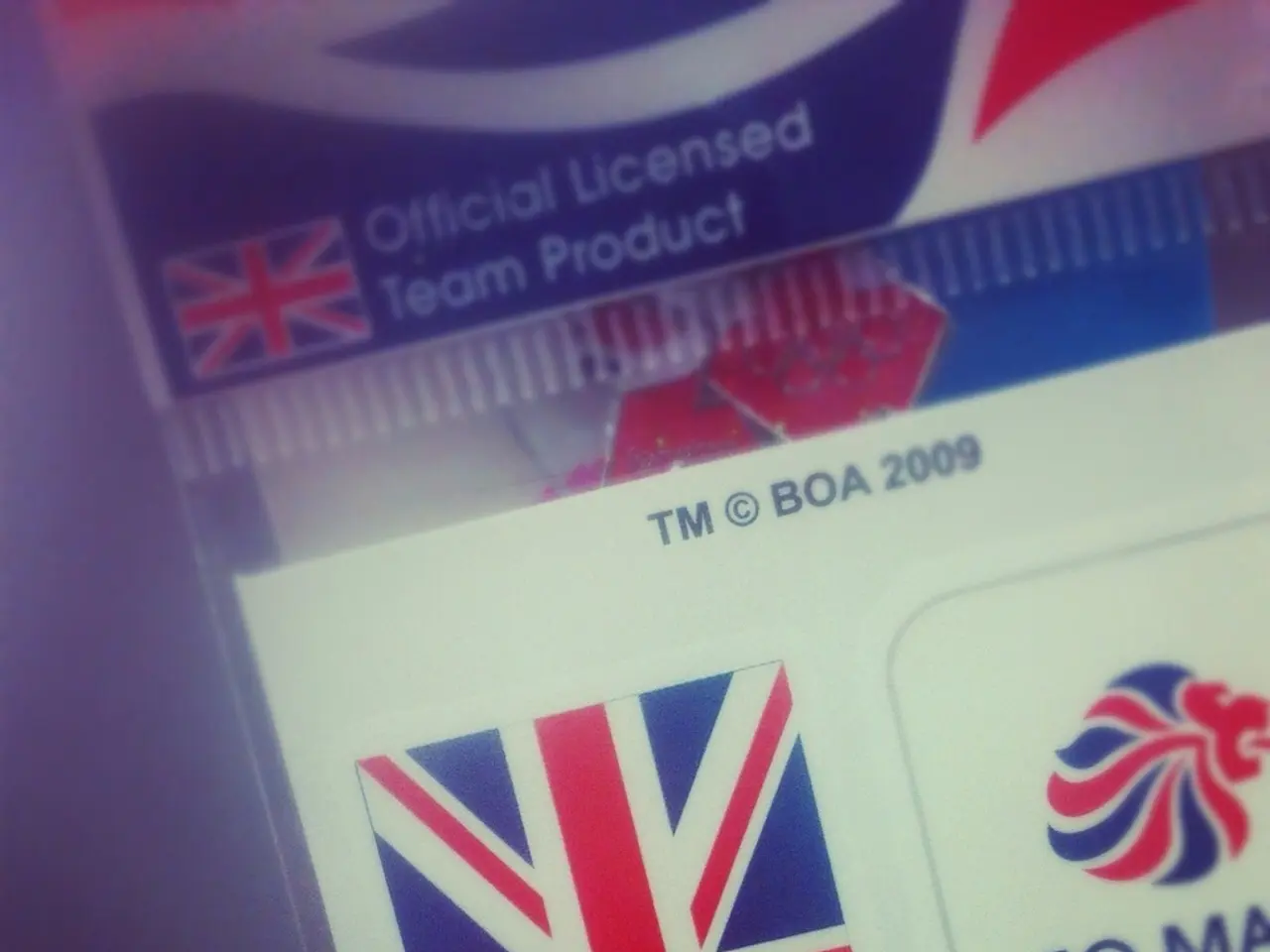Payment Trends Highlighted in EHI Study
Germany's Shifting Payment Landscape
In a significant shift, Germany is witnessing a clear move away from cash towards card and mobile payments, driven by convenience, security, and technological advancements.
Key Trends by Payment Method
- Cash: The use of cash is decreasing steadily as Germans embrace more convenient alternatives. In 2024, cash accounted for about a third of payments in stationary retail, amounting to almost 500 billion euros.
- International Debit Cards: Debit cards are very popular in Germany. Unlike some countries where credit cards dominate, debit cards remain the primary card payment method. Girocard, a domestic debit card, remains the most popular payment method among card payments, but international debit cards from Visa and Mastercard have seen an increase in their share, reaching 6.9%.
- Mobile Payments: Mobile payments are growing rapidly, facilitated by regulatory frameworks like the EU Instant Payments Regulation and technological improvements. Wero, the European Payments Initiative’s mobile wallet, has already attracted 14 million users in Germany and neighboring countries. Mobile wallets like Apple Pay and Google Pay are widely accepted via emerging software-based payment acceptance solutions like SoftPOS, helping merchants digitize and offer contactless options without hardware investments.
- Online Cash Registers (Digital POS and SoftPOS): The adoption of digital and software point-of-sale (SoftPOS) systems in retail is growing, enabling small merchants and service providers to accept card and mobile wallet payments directly from smartphones. This digitization contributes to the ongoing decline in traditional cash register use or cash payments.
E-commerce Trends
In e-commerce, invoice purchases, direct debit procedures, and credit cards account for more than half of turnover processing. PayPal holds 28.5% of the market share for online payments, but its market share could potentially be higher if Amazon offered its payment method. Retailers plan to integrate payment methods like Apple Pay and Google Pay into e-commerce.
Competition in Mobile Payments
A "War of Wallets" has broken out for dominance over mobile payments at cash registers, with Apple, Google, Wero, and PayPal among the participants. PayPal recently announced its intention to offer a contactless payment option at cash registers, joining the fray. Wero, a payment service mainly supported by German cooperative banks, is expected to join the competition for dominance over mobile payments.
Investment in Payment Infrastructure
Retailers are willing to invest more in their payment infrastructure for the first time in three years. Compliance with the requirements of the Barrier-Free Strengthening Act is part of retailers' investment in payment infrastructure, aiming to ensure adequate and non-discriminatory access to cashless payments for disabled people. Payment terminals and mobile payment solutions play a central role in retailers' investment in payment infrastructure.
In conclusion, Germany is experiencing a steady decline of cash, robust usage of international and domestic debit cards, a rapid surge in mobile payments, and a digitization of payment acceptance through SoftPOS and online cash registers to meet evolving consumer preferences and retailer needs.
In the evolving German business landscape, retailers are increasing their funding (finance) towards modernizing their payment infrastructure (technology), such as investing in digital and software point-of-sale (Digital POS and SoftPOS) systems to cater to the growing preference for card and mobile payments (payments). Furthermore, the fierce competition in mobile payments (Competition in Mobile Payments) among tech giants like Apple, Google, Wero, and PayPal is indicative of the critical role that technology plays in shaping the future of the finance sector in the country.




